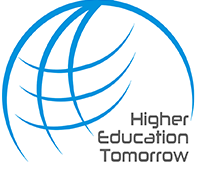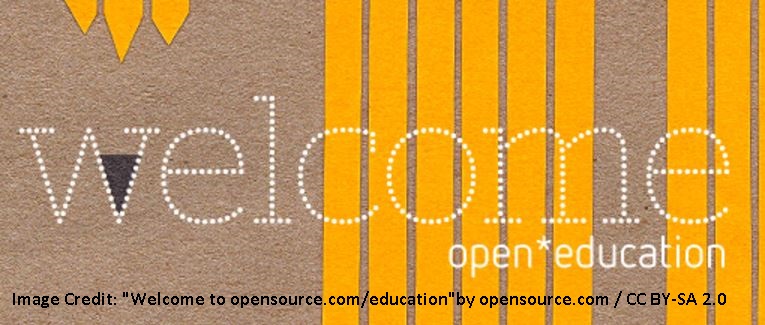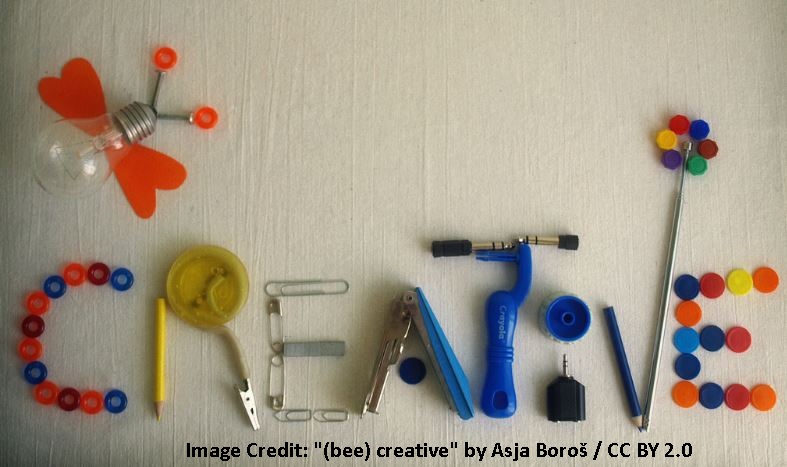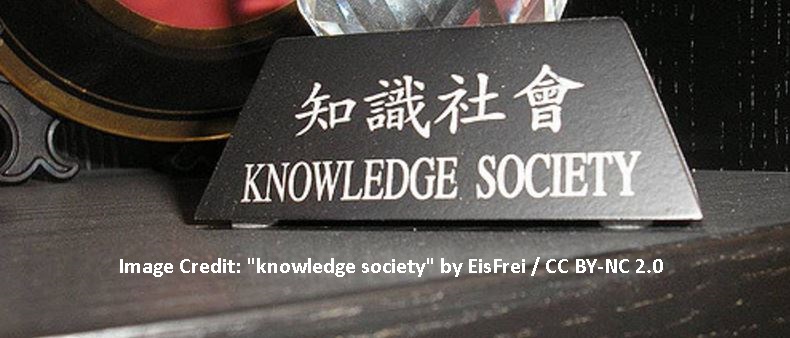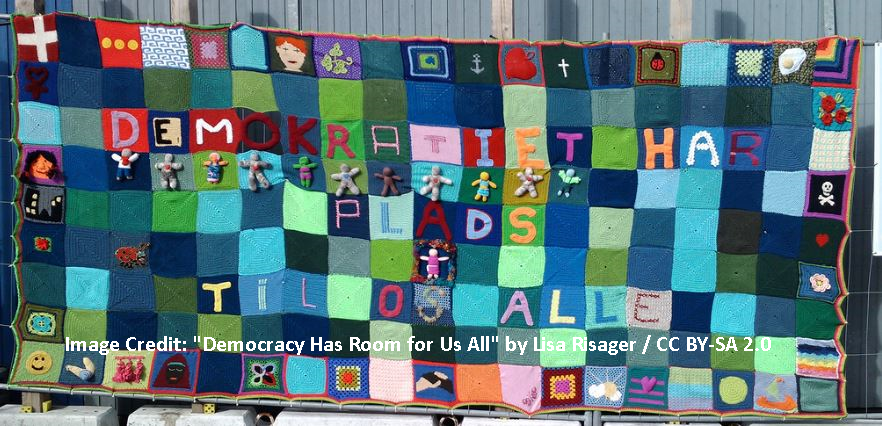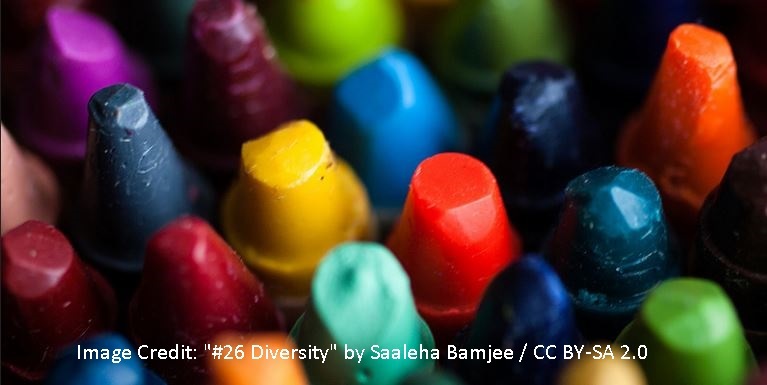Transforming learning through student research
Transforming learning through student research Patrick Blessinger St. John's University (NYC) and International HETL Association The demand for higher education has grown considerably in recent decades. Over the past 20 years global higher education has grown at a rate of about 5% per year. This phenomenon, together with the emergence of open education and the diversification of higher education, has resulted in many countries now reaching universal access status. Given the wide-ranging set of interconnected global problems – political, economic, social and ecological – facing societies today, greater importance is now placed on higher education and lifelong learning as catalysts for change to help address these problems. Thus, higher education and lifelong learning have become major factors in shaping the global knowledge society. Because of its increasingly important role in society as a knowledge producer, higher education itself has increasingly become the subject of its own research. For example, within schools [...]

